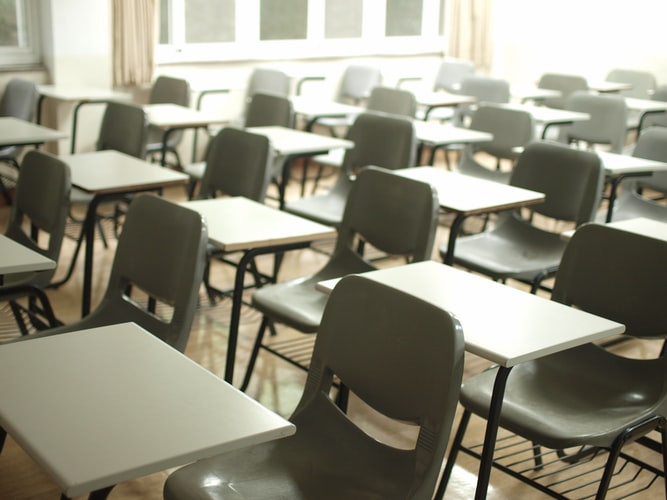News
Solon wants rapid antigen testing in F2F classes

MANILA – A lawmaker at the House of Representatives on Thursday urged the Department of Education (DepEd) to require free rapid antigen testing for the pilot implementation of face-to-face (F2F) classes.
In a statement, Misamis Oriental Rep. Juliette Uy said the DepEd can more effectively monitor the health of its teachers and students participating in the trial resumption of campus-based classes through the conduct of rapid antigen testing.
“If they do not have frequent rapid antigen testing, RT-PCR (reverse transcription-polymerase chain reaction) testing would be a more expensive option,” Uy said.
She, however, supported the decision of DepEd to require only fully vaccinated teachers to teach the limited in-person classes.
“DepEd should not deploy its older teachers and teachers with comorbidities to these limited face-to-face classes because doing so would put them at risk of exposure to Covid despite being fully vaxxed,” Uy said.
Uy also suggested that DepEd should have more public senior high schools (SHS) in its plan to have limited F2F classes.
“I noted they said only five SHS are on their list, while there are 95 elementary schools and 20 private schools. Five SHS are too few and 95 elementary schools are too many. The SHS should outnumber the elementary schools or there should be more SHS added to the DepEd list,” she said.
She stressed that most senior high students are already 18 and would be eligible for vaccination under current emergency use authorization.
“It is therefore entirely logical to have fully vaccinated 18-year-olds in the limited face-to-face classes,” she said.
DepEd Planning Service director Roger Masapol said the pilot implementation would be done among a maximum of 120 schools across the country, prioritizing Key Stage 1 learners (Kinder to Grade 3) after passing the School Readiness Assessment by DepEd and their local governments.
“Face-to-face classes, even in limited form, can mitigate the challenges of distance learning. It can address the needs of learners with no adult in the family qualified to perform the role of learning facilitator and ease the negative mental health and child development impact of the lack of face-to-face interaction and socialization among learners,” Masapol said.
World Health Organization Representative to the Philippines, Dr. Rabindra Abeyasinghe, lauded the Philippine government’s decision to approve the pilot run of limited in-person schooling in low-risk areas and assured it would continue to support the government in the pilot implementation of in-person classes.
“Deciding to open schools must be guided by (a) risk-based approach, taking into consideration the epidemiology of Covid-19 transmission at the local level and the capacity of educational systems to adapt to operate safely,” Abeyasinghe said.





















